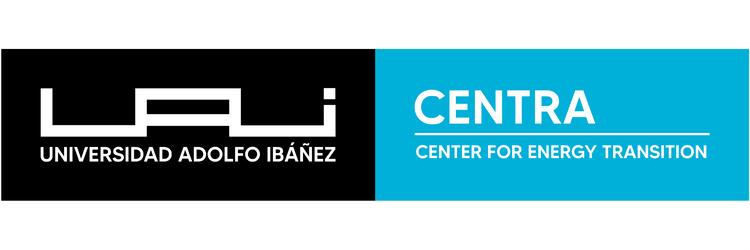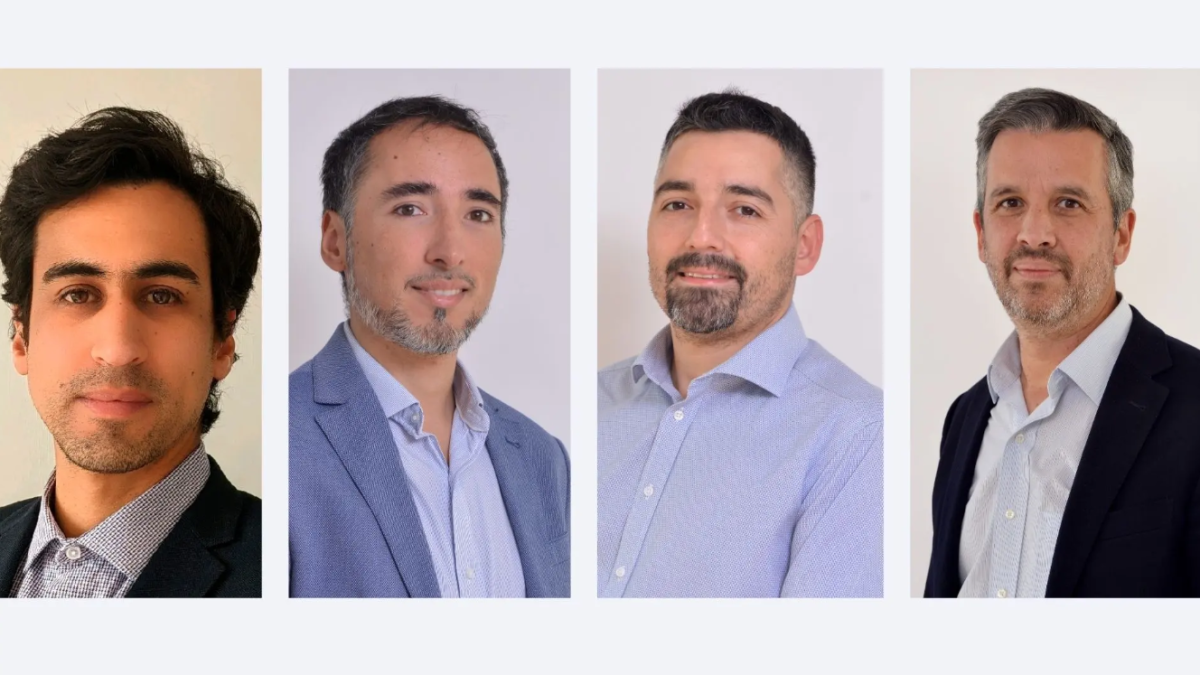Academics from the UAI Faculty of Engineering and Sciences lead a battery reuse project.
January 29, 2025
A team of academics from the School of Engineering and Sciences, composed of Professors Carlos Silva, Bernardo Severino, Luis Gutiérrez, and Felipe Larraín, has been awarded a grant in the first call of CORFO’s “R&D Challenges” program. This initiative is in collaboration with the Atamos Tec Corporation, the University of Nottingham, the French Research and Development Institute CEA Liten, and the University of Antofagasta. The project aims to repurpose electric vehicle batteries for stationary energy storage systems, helping to offset the variability of renewable energy sources in power generation plants. This initiative is part of the country’s efforts to advance toward a sustainable energy transition and the development of a circular economy.
The project proposes giving a second life to used batteries by extending their functionality for energy storage systems. “Our country is moving toward a cleaner energy matrix, but this also brings challenges such as increased electricity demand and the management of waste like electric vehicle batteries,” explains Bernardo Severino. “Reusing these batteries not only helps reduce emissions but also fosters technological innovation and strengthens Chile’s leadership in decarbonization.”
Innovation for a Sustainable Future
This project addresses two main problems: the potential waste of used batteries and the high costs of integrating renewable energy. “Reusing batteries for stationary storage is technically feasible. In this context, our project aims to create a value-added industrial ecosystem that leverages used electric vehicle batteries to develop storage systems designed to improve the profitability of solar and wind power projects,” says Severino.
From an environmental perspective, this innovation prevents batteries from ending up in landfills, promoting a circular economy. Economically, it promises to create an industrial ecosystem that will open new opportunities for specialized employment and technological development. Severino explains, “We are contributing both to Chile’s industrial development and to a successful energy transition in terms of cost and security.”
Challenges and Lessons Learned
Implementing this innovative initiative is not without its challenges. Key obstacles include the heterogeneity of batteries, the need for clear regulations, and international competition. However, the team is confident in overcoming these barriers through innovations in reuse processes and by adapting international best practices to the Chilean context.
As for key milestones, the team highlights two fundamental steps: demonstrating technological viability and ensuring economic competitiveness.
The first milestone’s main challenge is developing a robust value chain—identifying batteries with reuse potential, storing them, refurbishing them, and monitoring their performance. “Achieving this, even at a lab scale and following rigorous processes, will be a major step for the project,” explains Bernardo Severino.
The second milestone involves ensuring that the batteries provided by the team are competitive in both cost and reliability compared to new batteries. “Based on international experiences, we believe there is room for an attractive offering, but this must be demonstrated through pilot projects that allow for evaluation of investment and operating costs,” the team adds.
International Experience
The team explains that there is international experience with similar projects, and the outcomes have been positive. Many of these initiatives are led by electric vehicle manufacturers, creating a virtuous circle within their production chains.
Severino comments, “Assessing these kinds of initiatives and other international experiences is part of the project’s activities. Through this analysis, we aim to identify lessons learned and best practices that can be adapted to our context.”
A Key Step Toward the Energy Transition
The expected impact of this project is significant. In Severino’s words, “Reusing second-life batteries to integrate solar and wind generation helps reduce CO₂ emissions and promotes the circular economy, preventing these devices from ending up in landfills and extending their use before final recycling.” This effort reaffirms Universidad Adolfo Ibáñez’s commitment to innovation and sustainability.
Although the project is just beginning, its development is expected to be a major contribution to the growth and sustainability of the cleaner energy matrix industry in the country.

